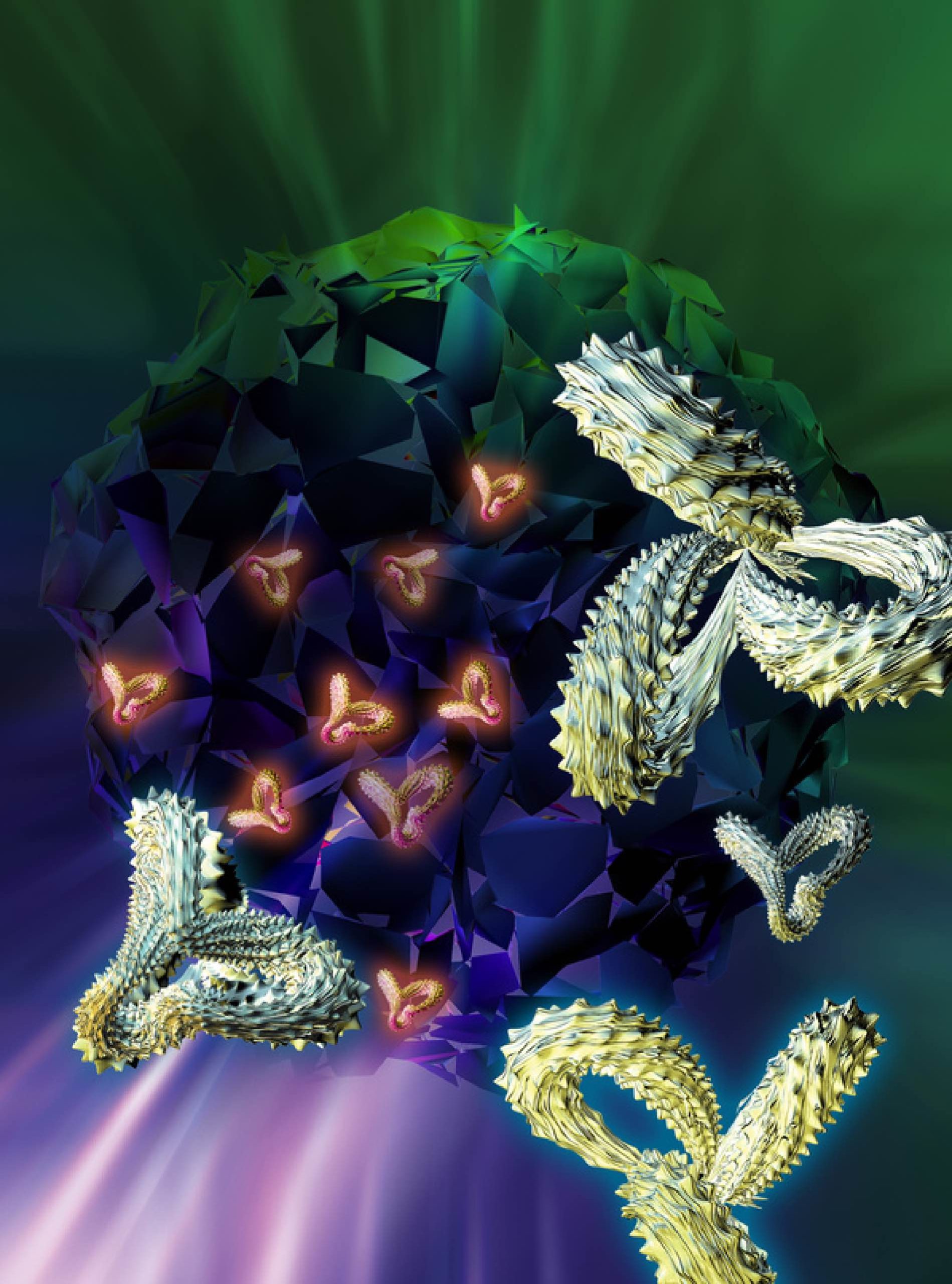Share this Page:
In his keynote lecture at the American Society for Clinical Oncology Genitourinary (ASCO GU) 2018 meeting in San Francisco this month, Dr Bernard Escudier from the Institut Gustave Roussy in Villejuif, France, discussed the future of immuno-oncology in renal cell carcinoma (RCC).
The current landscape of immune-oncology has been shaped by the results from the phase III randomised clinical trial (RCT) CheckMate 025, which assessed nivolumab versus everolimus in previously treated RCC. This trial demonstrated a statistically significant survival benefit for nivolumab and superior quality of life compared to everolimus, and ultimately cemented nivolumab as the standard of care as a second-line treatment for people with metastatic RCC after failure of targeted therapy.
In Dr Escudier’s opinion, the future of immune-oncology is the use of combinations of treatments. The CheckMate 214 study tested nivolumab plus ipilimumab versus sunitinib in metastatic RCC patients who were previously untreated. This trial showed a survival benefit for the nivolumab plus ipilimumab combination in patients with intermediate or poor risk disease, and PD-L1 positive patients. According to Dr Escudier, the nivolumab plus ipilimumab combination should be the new standard of care, but only in intermediate and poor risk patients, and PD-L1 expression should be used to help determine those most likely benefit from treatment with the combination.
Dr Escudier concluded with several important take home messages:
- Immuno-oncology is key in the treatment of metastatic RCC, and is the current standard of care after failure of targeted therapy. Immuno-oncology should soon be the standard of care in the first-line setting, particularly in intermediate and poor risk patients
- The role of immunotherapy after surgery to remove the cancer (as an adjuvant treatment) must be studied
- Biomarkers are being identified
- The role of other factors, such as the microbiota (the micro-organisms found in the gut), diet, etc., should be further explored.















